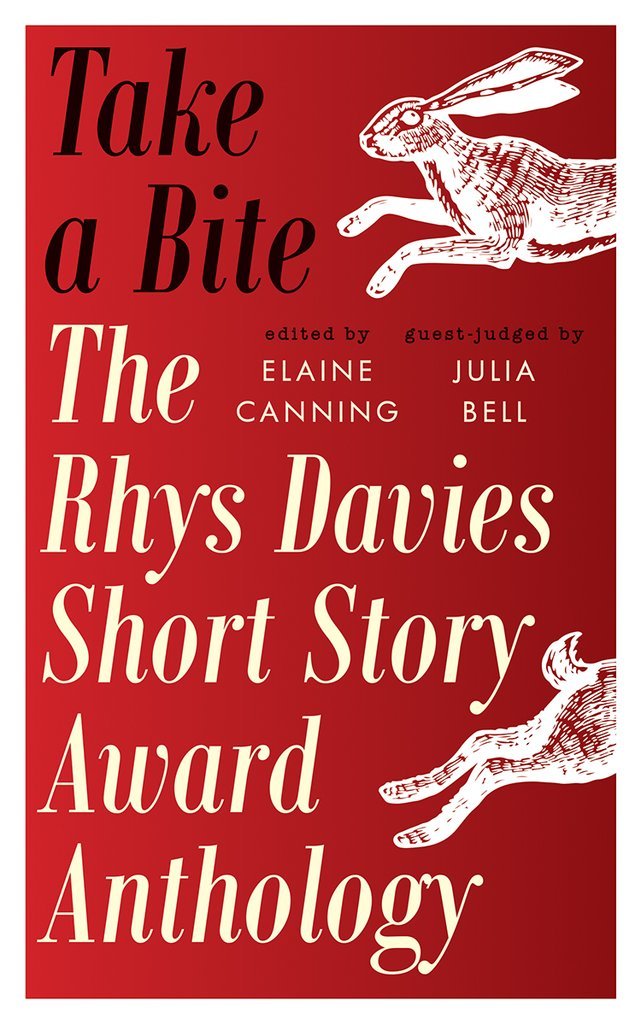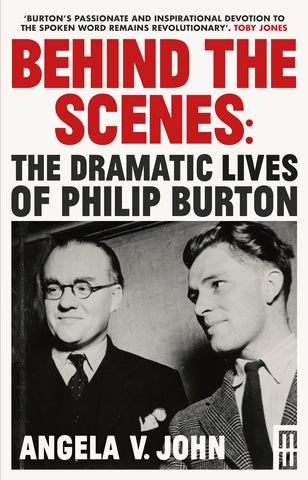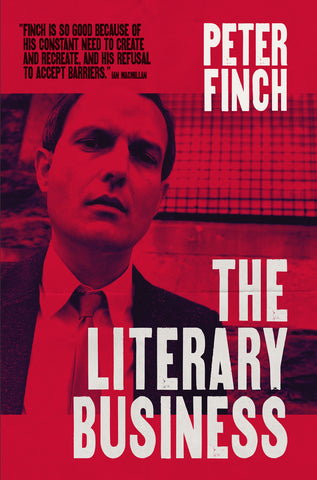
Susmita Bhattacharya has graduated Cardiff University with an MA in creative writing and is now lecturing at Winchester University. She has previously published a debut novel The Normal State of Mind with Parthian in 2015, which was longlisted for the Word2Screen Prize at the Mumbai Festival in 2018 and her short story collection Table Manners won the Saboteur Award for Best Short Story Collection in 2019. Sumita also facilitates the ArtfulScribe Mayflower Young Writers programme, encouraging a passion for writing.
In Susmita’s shortlisted entry, ‘The Truth is a Dangerous Landscape’, suicide, sexual assault and solidarity act as strong themes, as two daughters reveal the heavy burden they’ve secretly lived with to their family. This powerful story shows glimpses of character history and personal growth as the women realise they shouldn’t have to silence their trauma.
1. What was the inspiration behind The Truth is a Dangerous Landscape? Was there something you kept in mind as you were writing Mira’s story, in terms of giving her a distinct narrative?
A lot of the time, inspiration for me comes from current news and/or personal experience. I was drawn to a discussion on the radio, where students talked about their experiences of being sexually assaulted at university. A particular image stayed in my mind – one of the interviewees said how after being assaulted, she just couldn’t go home. She walked on the streets all night, not knowing what to do, and I knew I wanted to explore a person’s state of mind after experiencing something so traumatic. I didn’t want to go into a more traumatic experience of rape, but an assault or harrassment, in whatever degree, can be just has hard to experience and to navigate. Personal experience of being sexually harassed by strangers and relatives created a lot of issues of mistrust and vulnurabilty. The question of ‘trusting because they’re family’ was something I also wanted to explore through this story. It was cathartic for me to be able to express myself and delve into some difficult memories and extract those emotions and feelings of insecurity to create something positive out of it.
2. Sexual assault and suicide are such important, but heavy themes – how did you find the balance between conveying your message and keeping to the story?
At the heart of the story, I wanted to explore the relationship between the two sisters, and especially from the younger one’s point of view, as she so desperately wanted to make things right for her sister who was going through so much. But then she realised that she too had baggage that she’d been carrying for years, and this was the opportunity to act upon righting the wrongs. I also wanted to explore the role of women in society, including the ideas of how women are considered witches/petni if they don’t conform to the acceptable societal representation of how women should behave. I felt that the heavy themes were also balanced with moments of tenderness between the sisters, a little bit of humour and a sprinkling of folklore added to the mix.
3. What was the key message you wish to pass on to your readers?
Like I mentioned earlier, I wanted readers to be able to relate to the role of women in society, how women from a very young age must be aware of dangers to themselves, to their bodies and endure unpleasant non-consensual behaviour by perpetrators. I wanted to show strength in the face of adversity and the possibility of taking action; not keeping secrets and allowing the wrongs to keep happening. And by straddling two cultures, I wanted to show that no culture can be singled out for positive or negative acts and that these experiences can happen anywhere, no matter where one comes from.
4. Do you have any plans for your writing in the future?
After writing this short story, I feel there is something bigger it can grow into. I’m thinking of a novella-in-flash maybe. I’m working on my second novel at the moment, so perhaps after that I’ll have a think about the novella.
Thank you so much Susmita for taking part in our #DecemberDialogues! We can't wait to read your next novel and see how the story progresses with the novella.
If you missed our last interview, with Joshua Jones, who spoke about his short story 'Half Moon, New Year', you can read that here.



